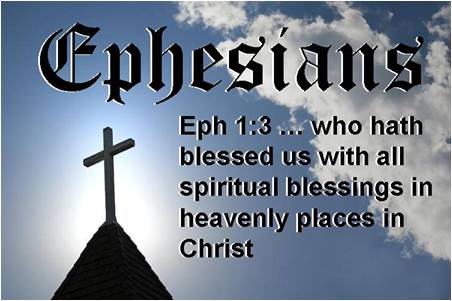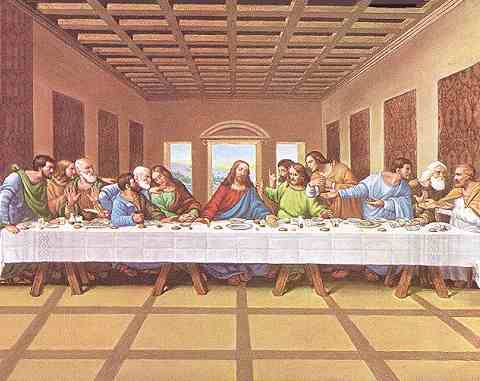 Ephesians is a “Prison Epistle,” along with Philippians, Colossians, and Philemon (see Eph 3:1, Eph 4:1, and Eph 6:20). Written by Paul from Rome, the epistle expands on themes in Colossians, much as Romans does to Galatians. Whereas Colossians develops the all-sufficiency of Christ to the Church, Ephesians shows the blessings of that “fullness” enjoyed by the members of God’s family. The idea of unity resulting from reconciliation runs strong through the book (Eph 1:9-10; Eph 2:16-18; Eph 3:4-6; Eph 4:3-6; Eph 5:30-32; Eph 6:18-20). It is possible that the epistle was actually a circular letter to the churches of Asia. Paul’s goal is to inform the saints of their privileged status and exhort them to live in a way worthy of their standing.
Ephesians is a “Prison Epistle,” along with Philippians, Colossians, and Philemon (see Eph 3:1, Eph 4:1, and Eph 6:20). Written by Paul from Rome, the epistle expands on themes in Colossians, much as Romans does to Galatians. Whereas Colossians develops the all-sufficiency of Christ to the Church, Ephesians shows the blessings of that “fullness” enjoyed by the members of God’s family. The idea of unity resulting from reconciliation runs strong through the book (Eph 1:9-10; Eph 2:16-18; Eph 3:4-6; Eph 4:3-6; Eph 5:30-32; Eph 6:18-20). It is possible that the epistle was actually a circular letter to the churches of Asia. Paul’s goal is to inform the saints of their privileged status and exhort them to live in a way worthy of their standing.
Gene Cunningham - December 21, 1998
Upper Room Discourse #5

Scripture References: Exodus 33:12-23, John 1:1-4, John 14:19-21, Colossians 3:15-16
From Series: "The Upper Room"
Originally given in Tucson AZ in August 2007 this series amplifies the crux of Christian doctrine as delivered by Jesus to His disciples in John chapters 13 through 17 - the Upper Room.

